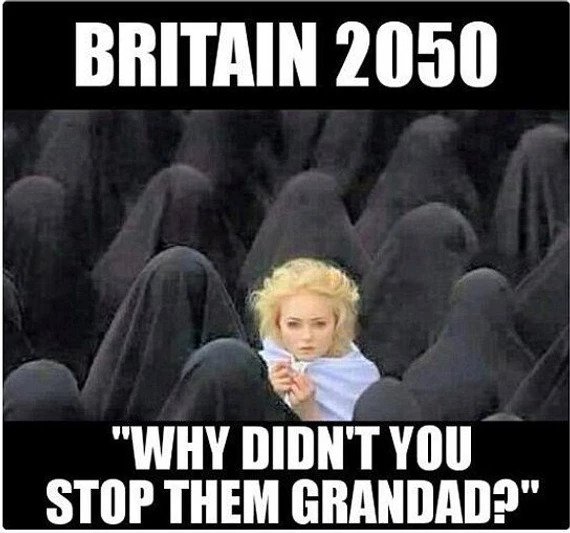
The job of the journalist is to find a good way to sell a story, ideally with a snappy headline. We are generally observers and describers, rather than actors, but in 2017 it will be vital for those who believe in a compassionate approach to the world to take a giant leaf out of journalism’s book and find a vision, a narrative or even a slogan which can encapsulate and sell this better way.
In 2016, the world seemed to be heading towards a new catastrophic era. We had the terrorist attacks in Brussels, Nice and Berlin; we had the clampdown on personal freedoms in Turkey after the ‘attempted coup’ (who knows what really happened there?); we had the appalling human tragedy of Syria, especially Aleppo; and we had the Brexit and Trump votes, which – however reasonably one might justify or explain them – were a lashing out against the establishment and the triumph of simplistic, ill-informed ideas over a rational if sometimes messy course of action.
Many commentators, from mere journalistic names to those who’ve got their hands dirty in the sludge of government and defence, have identified the need for the progressives in UK and world politics to hold their line and present an optimistic vision that can help build a credible movement to counter the prevailing angry and desperate brigade. One of the oft-voiced calls is for a ‘narrative’ behind which progressive actors and thinkers can fight back and make internationalism and tolerance attractive again. But there are precious few signs of that narrative emerging.
One of the greatest slogans used in my lifetime was Tony Blair’s ‘Tough on crime, tough on the causes of crime.’ In eight words, he brought together those angry about crime (whether real or perceived) and those angry about a system that leaves people with more to gain by resorting to crime. It was a masterstroke, and launched him as a credible standard-bearer at a time when people in Britain feared there would never again be a viable non-Conservative government.
It’s possible an eight-word slogan isn’t possible now, but something between an eight-word slogan and a 10-second sound bite has to be found. Doing my own bit of brainstorming, I’ve come up with a few ideas: ‘An eye for an eye eventually leaves us all blind’ (a bit too biblical for some), ‘There is a better way than this’ (OK, but anyone could use it), ‘People are entitled to be very angry, but anger doesn’t get us to the best solutions’ (improving but perhaps a bit new agey and/or corporate jargon), ‘I’d like to build a world in which we think the best of people, not the worst’ (on the right lines but needs a bit more substance).
A vision, narrative or slogan needs to address the fact that many people in the UK and across the developed world feel swindled. In 2007-08 there was a financial crisis, caused by many factors but largely by reckless banks. The government bailed out the banks, as it was right to do. But it has since tried to restore fiscal discipline by cutting spending on those public services that the weakest in society really rely on. So, in a simplistic but palpable sense, the poorest have picked up the tab for bailing out the bankers, and the bankers have emerged largely unscathed. There’s scope for massive anger there, even the preconditions for social revolution – certainly for people to vote for national self-harm.
That’s why those of us who believe in tolerance and respect for the interdependence that has given us such high material quality of life must find a way of enthusing the public in an optimistic alternative vision. The world is a dangerous place at the start of 2017, with many chilling parallels with the 1930s. The internet means that the right vision and narrative can go viral very quickly, so the scope for enthusing people is there, but finding the right formulation, and repeating it over and over and over, has to be the progressives’ biggest challenge at the start of this frightening new year.
Photo: an image used by the Leave campaign that could just as easily apply to progressives now
